Saginaw, MI Drug & Alcohol Treatment Centers
Looking for help with addiction in Saginaw, MI?
Insurance
Treatment Programs
Looking for help with addiction in Saginaw, MI?
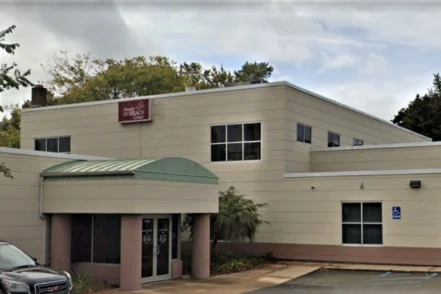
1939 South Division Avenue Grand Rapids, Michigan 49507
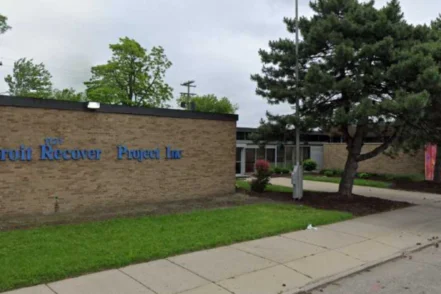
1121 East McNichols Road Detroit, Michigan 48203

25639 Ford Road Dearborn Heights, Michigan 48127

2329 Center Street Boyne Falls, Michigan 49713
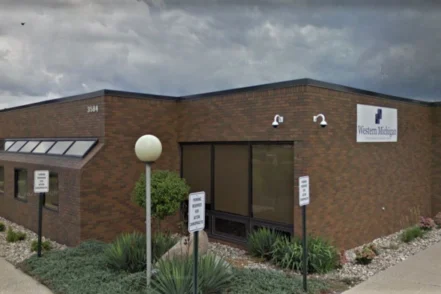
3584 Fairlanes Avenue Sw, Suite 2 Grandville Gaastra, Michigan 49418
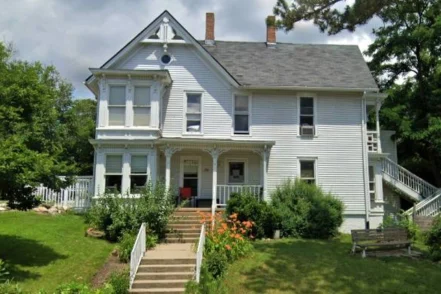
502 West Huron Street Ann Arbor, Michigan 48103
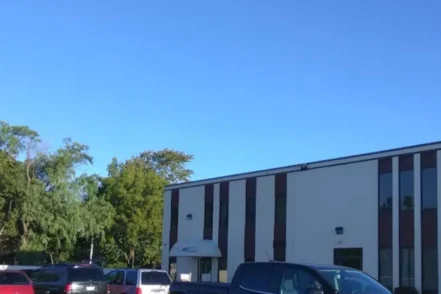
31581 Gratiot Avenue, Suite 100 Roseville, Michigan 48066
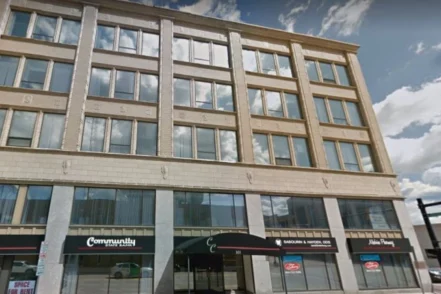
301 East Genesee Street Saginaw, Michigan 48607
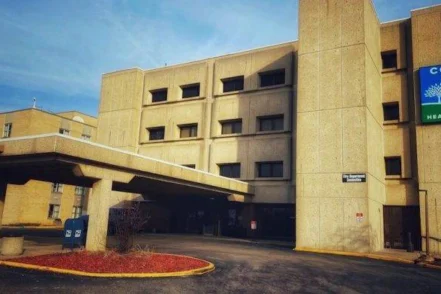
4777 East Outer Drive, Suite 2 West Detroit, Michigan 48234
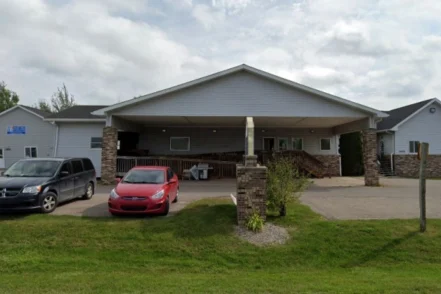
2655 Ashmun Street Sault Ste. Marie, Michigan 49783
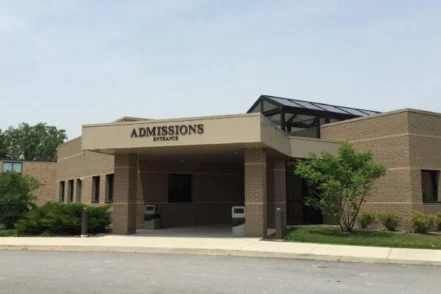
400 Stoddard Road Richmond, Michigan 48062

12851 Grand River Road Brighton, Michigan 48116
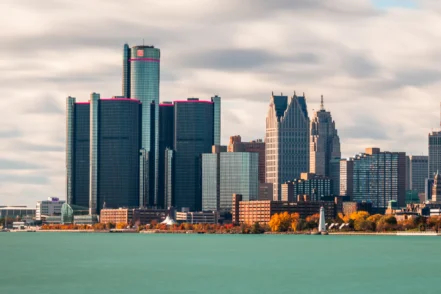
745 East Grand Boulevard Detroit, Michigan 48207
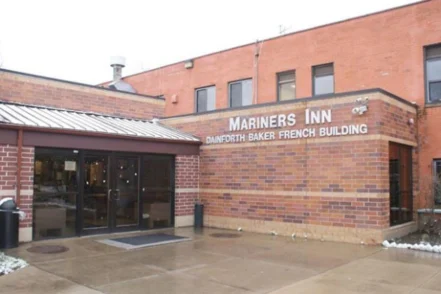
445 Ledyard Street Detroit, Michigan 48201